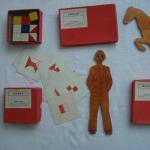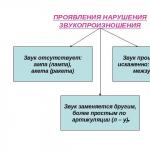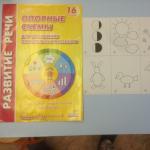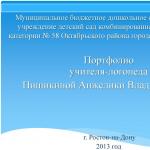Launching speech in non-speaking children: techniques, special programs, speech development through games, important points, advice and recommendations of speech therapists
The appearance of the first syllables in the speech practice of a baby is the most long-awaited stage for any parent. As a rule, this is followed by the stage of forming the ability to communicate with others using words. However, what if the child is silent and does not show independent activity in mastering the methods of communication? In this case, specially organized work is required to diagnose the causes of the disorder and the corrective assistance of specialists. There are a lot of methods, techniques and various programs for starting speech in non-speaking children today. It remains only to figure out whether there are universal (suitable for everyone) methods and programs and how to choose ways of developing speech for a particular child.
Symptoms of the onset of the disorder
Is it possible to determine the appearance of speech disorders at an early age? Of course, yes, if you know what to pay close attention to.
At the stage of childbirth, this is the APGAR scale, which measures the general condition of the newborn. A score below 5 points indicates that the baby needs the help of specialists up to a certain age, and the sooner correctional work and adaptation begins, the better.
Humming, baby's behavior during feeding, reaction to external stimuli (or lack thereof), motor activity can tell a lot to observant parents. Particular attention is paid to the formation of sensory systems: hearing, vision, tactile sensations, smell - since their timely development will avoid the appearance of such a problem as the launch of speech in non-speaking children. Simply put, all of the above is the foundation on which the "temple" of speech is being erected. If there are gaps in the foundation, it will not be possible to build a beautiful building.
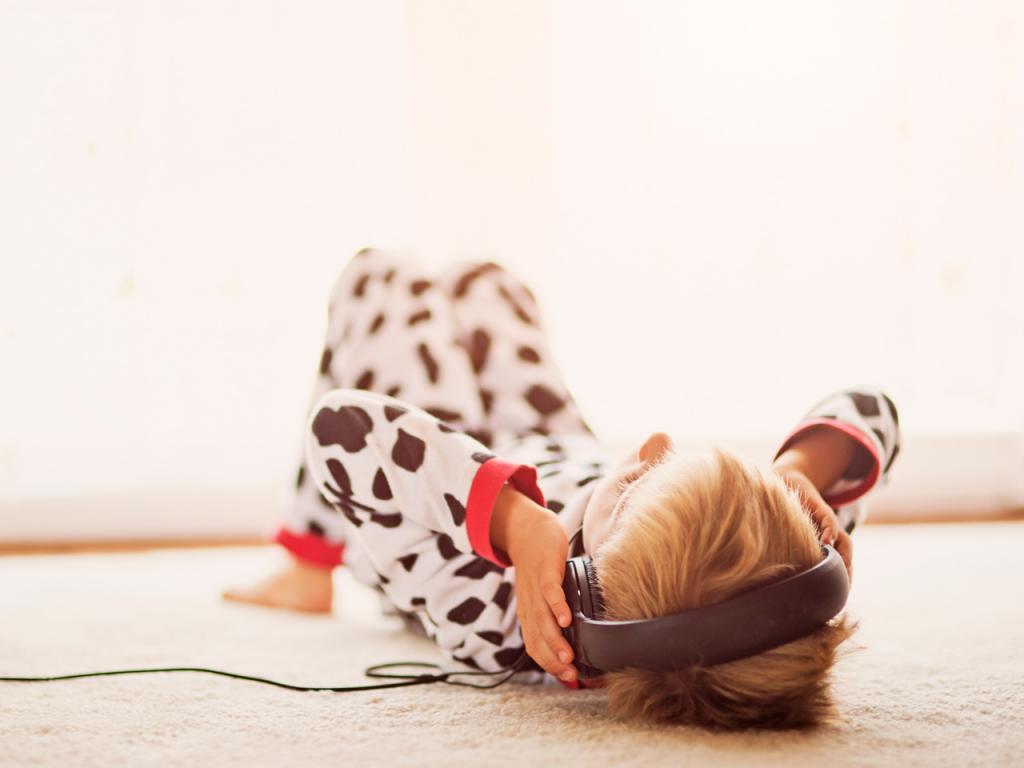
Reasons for the "silent" development of the child
Oddly enough, many factors influence the formation of a child's speech: poor environmental conditions, risky behavior of future parents, social factors, as well as hereditary diseases. Silence of a child is often a symptom of serious organic disorders or pathogenic processes in the body (deafness, blindness, hydrocephalus, etc.). Any pedagogical methods will not give any result if the recommendations of doctors are ignored.
The launch of speech in modern techniques is recommended to start at the age of two. However, this does not mean that work on the formation of cognitive, thought processes, memory, and motor activity is not being carried out. The successful application of methods, techniques and methods of pedagogical influence largely depends on how well the listed characteristics are developed.

When to start corrective work with a baby
The launch of speech in non-speaking children begins with the development and establishment of the interaction of sensory systems (taste, touch, smell, etc.). The age of the child in this case does not play a big role, since it is impossible to bypass the first stage of development without consequences. Therefore, both the one-year-old and the two-year-old must go through the stage of sensory integration, after which the work on the formation of speech skills begins. Naturally, early assimilation of sensory standards gives the child an advantage in further assimilation of the surrounding space.
Why development is only possible through play
The child is the mirror of the family, largely because nature has provided him with imitation. And the method of development that makes full use of this innate feature is play. The launch of speech in non-speaking children is based on actions and events observed daily, which are transferred into the game (imitation of the sound of a flying bee, the operation of household appliances, transport, etc.). Over time, the baby's thinking and perception of the world will change, and after them the leading (developing) activity. But up to 5 years old is a game.
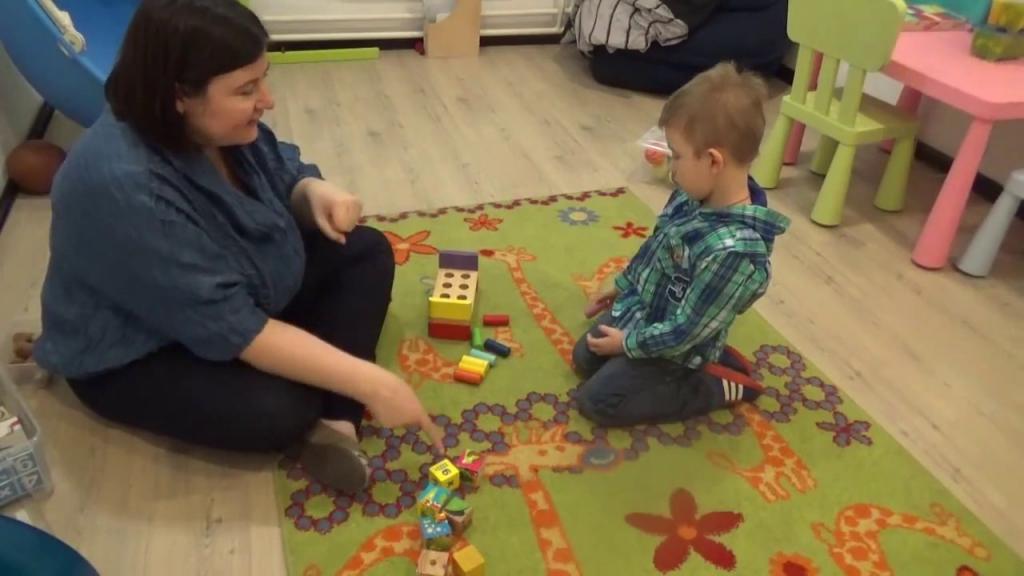
Programs and techniques often offered to parents
The modern market of educational services is not deprived of courses for launching speech for non-speaking children. The only thing that should alert the parent is the use of any programs, techniques and methods in relation to the child without preliminary study (diagnosis) of his actual needs and physiological status. After all, the methods of working with children with hearing impairments are different from the methods of interacting with visually impaired children. As there are no identical developmental disorders, there can be no equally positive result from the application of the same technique to different categories of speech pathologists. Therefore, the parent's awareness of the nature and degree of developmental disorders of the child allows you to choose from a whole variety of programs and courses exactly what is suitable for the baby at the current stage of his development.

The most popular among speech therapists is the method of starting speech among non-speaking children by the author Novikova-Ivantsova T.N. (abbreviated as MFNS). This is a system of pedagogical influence on a speech pathologist, which should be combined for greater efficiency with observation by a doctor (with medication, physiotherapy, if required, etc.).
Neurological programs for triggering speech in non-speaking children usually include the use of sensory integration methods, stimulation with the Tomatis equipment, the use of modern (IT) software, art therapy (rhythm, light, music therapy).
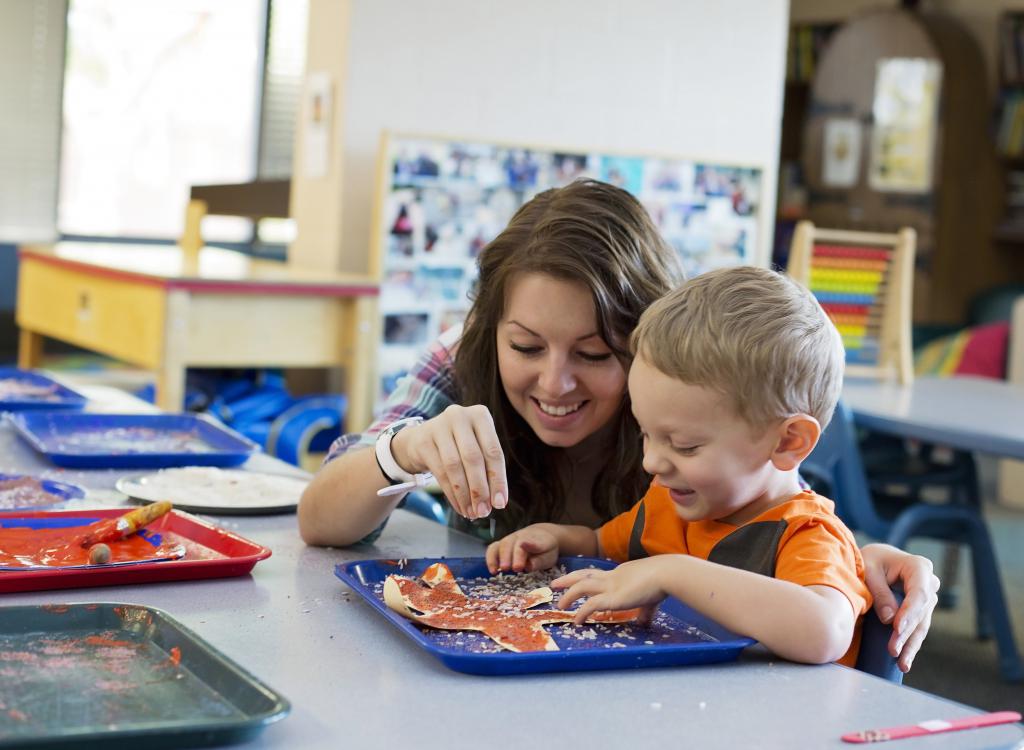
Timely referral to specialists is the key to success
Ideally, it would be nice for a multidisciplinary specialist to monitor the child's development from birth. But if this is not possible, then you should not delay a visit to a speech therapist, neurologist and pediatrician, if at 2.5 - 3 years old only a few indistinct words appeared in the baby's everyday speech, or he communicates with the help of gestures and sounds.
The sooner the complex assistance of doctors and teachers begins in the development and adaptation of the child to the world around him, the faster and more safely the correctional work will be carried out. Do not forget that the sensitive period of speech development ends by 7-8 years and further attempts to correct the violation will be more labor-intensive and painful.
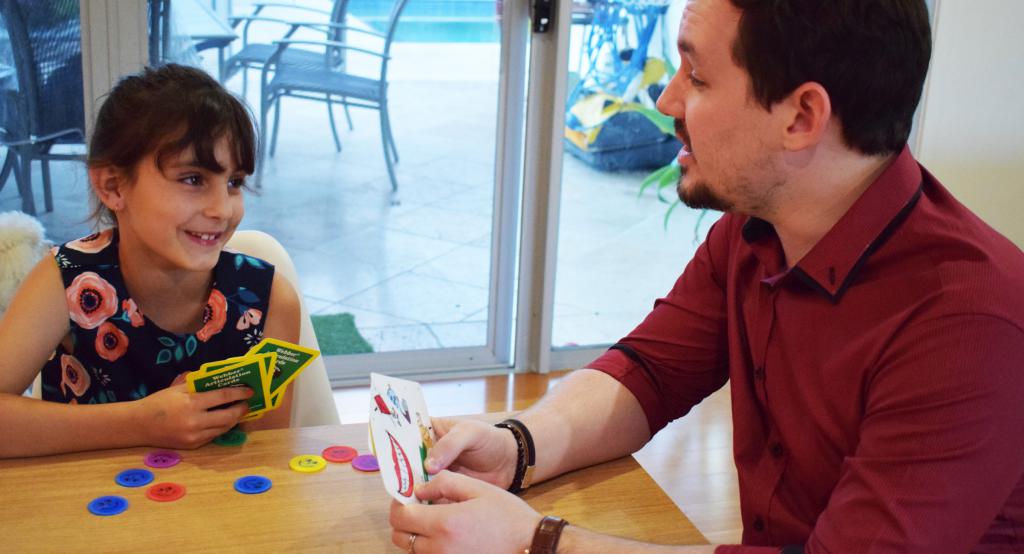
List of mandatory activities for the development of the child's speech
- Complete medical examination of all sensory systems of the child.
- Mandatory consultations (and observation) of highly specialized specialists (ENT, dentist, neurologist, endocrinologist, etc.).
- If required, undergo a course of massage and physiotherapy.
- Consultations with a speech therapist, psychologist in order to determine further interaction.
- Daily classes to correct speech and psychological status (such a regime is desirable, since in this case it is possible to achieve certain results quite quickly; if there is no possibility, at least three times a week).
- The use by parents in the child's daily life of games to start speech for non-speaking children, recommended by a speech therapist and psychologist.
- Filling the space around the child with sensory diversity (to form standards, extremes such as "girls prefer pink, and boys prefer blue or blue" should be avoided).
- Caring for the variety of the baby's motor activity (this will allow faster formation of such an important organ as the inner ear and the vestibular apparatus).
Patience and a little effort.

